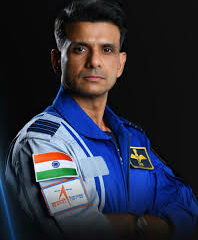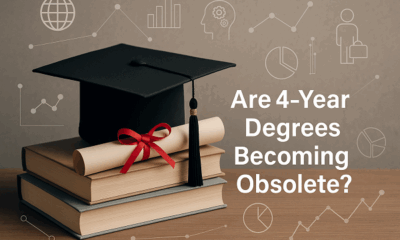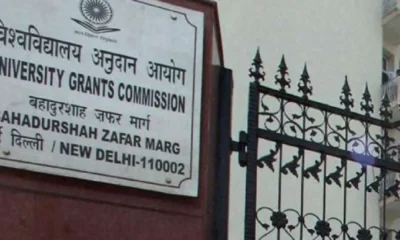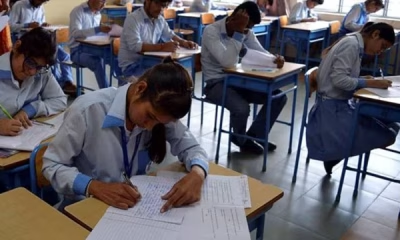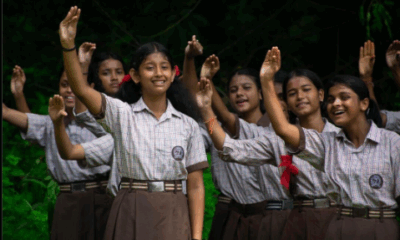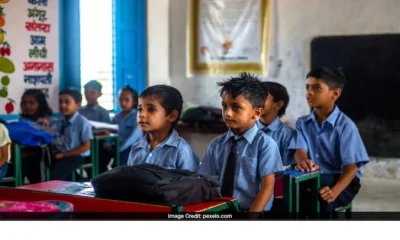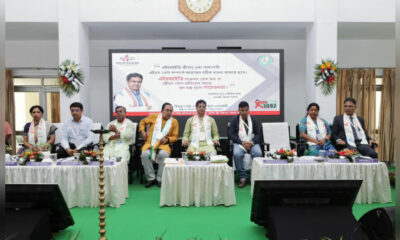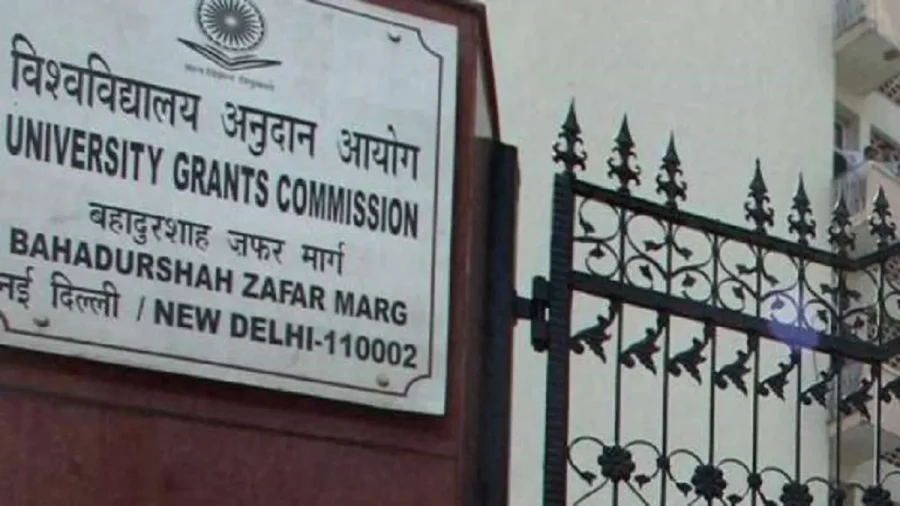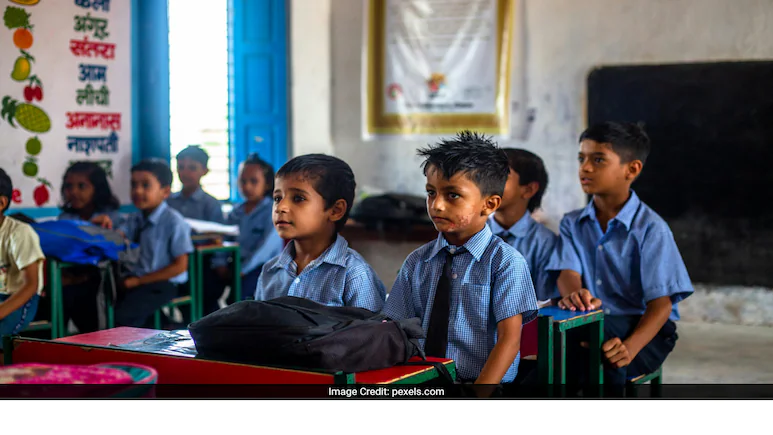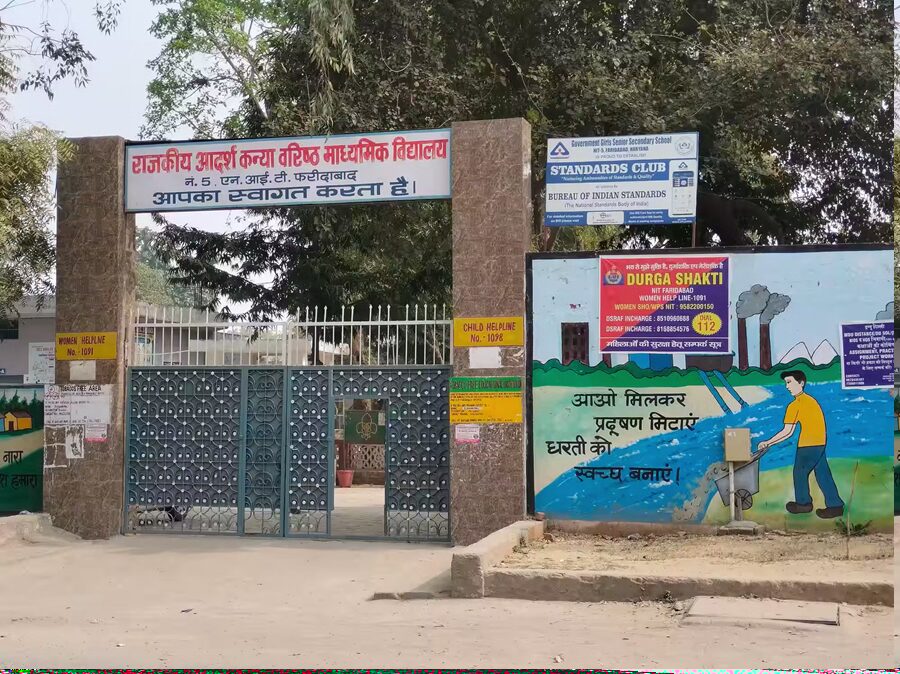World’s leading education show all set for Dubai edition
- More than 50 products to be launched as businesses find MENA education market booming
- Keynote speakers to focus on game-changers in teaching and learning
- Immersive journeys at Expo 2020 Dubai to be unveiled at the event
Dubai, United Arab Emirates; 23 February 2020 – The Global Educational Supplies and Solutions (GESS), the world’s leading education show, is all set for its UAE edition this week at the Dubai World Trade Centre.
The Dubai show is part of GESS’ global portfolio of education conferences and exhibitions that includes Indonesia and Turkey as well as summits in Africa. “GESS is a UAE-home grown brand that has become so successful we’ve expanded it to key education markets around the world,” said Matt Thompson, Project Director, Tarsus, organisers of the event, scheduled on 25-27 February 2020 at the Sheikh Saeed Halls.
The show is being held in partnership with the UAE’s Ministry of Education. It is also supported by the Ministry of Education Bahrain, Ministry of Education Kingdom of Saudi Arabia, Arab Bureau of Education for Gulf States (ABEGS), British Schools in the Middle East (BSME) and Knowledge and Human Development Authority (KHDA) as Knowledge Partner.
Business is Booming :
GESS Dubai has become the premier platform for doing business in the education sector in the Middle East, enabling companies and brand to showcase their products and solutions to key decision makers from schools through to colleges and universities.
“This region has remained attractive for education-focused companies, with the show featuring more than 50 product launches during the three-day event,” added Thompson.
The launches will cover a broad spectrum of products and solutions – from gadgets and devices to learning solutions, as well as traditional school, lab equipment and learning gears that are all designed to make teaching and learning more effective.
There will also be a proliferation of Artificial Intelligence (AI), Augment Reality (AR) and Virtual Reality (VR) products that highlight the most recent developments in these exciting fields that are geared toward education.
Game changers:
In addition to its exhibition component, GESS Dubai will be featuring over 300 free of charge and CPD-certified workshops and presentations from world leading experts in education, technology, leadership and training, neuroscience and others.
H.E. Hussain Ibrahim Al Hammadi, the UAE Minister of Education, will be delivering the welcome remarks to kick off the conference, headlined by an impressive line-up of keynote speakers, this year’s edition of GESS Dubai will be highlighted by game-changers who are looking to transform the teaching and learning experiences in schools throughout the region.
Gerd Leonhard, a noted futurist & humanist, author, and CEO of The Futures Agency, will lead a talk on Technology & Humanity, Jobs, Work and the Future of Education: the next 10 years. “Our world will change more in the next 10 years than the previous 100 years, and the way we work will never be the same. A totally blended and diverse workforce, the gig economy as the new normal, virtual and remote work and most 2030 jobs haven't even been invented yet. What skills will we need, and how must education adapt to a world where machines are learning and 'thinking', and where nine billion people will be connected at almost unlimited bandwidth? The future is better than we think – and we can choose to create it or be created by it!”
From Saudi Arabia, H.E. Dr Saud Bin Saeed Bin Abdulaziz Almthami, Secretary General of the King Abdulaziz and His Companions Foundation for Giftedness and Creativity, will speak about Innovation Trilogy, in which he hopes to engage the audience in a search for new, applicable, knowledge that can be used to deliver economic, social, and human value. “This presentation will shed light on the importance of building a culture of "innovation" in the minds of young people, as they are the hope for pioneer leaders who will build a promising future.
Expo 2020 Dubai will also be on the spotlight as Marjan Faraidooni, Chief Pavilions and Exhibitions Officer, presents the immersive journeys that students can visit at the site in what she says will be the school trip of a lifetime.
Free-to-attend for education professionals, online registration is now possible at www.gessdubai.com.
Inspiring talks from world-leading keynotes:
"Liza Chong, CEO, The Index Project"
Design for Positive Impact – Our Future Depends on It!
Our future needs change-makers who can design solutions for an ever-evolving world.
Changing the world by design requires narratives and role models to aspire to; tools and know-how to learn, test and build as well as risk takers who are willing to bring urgent solutions to life, for people and planet.
"Prof. Emory Craig, CEO, Digital Bodies – Immersive Learning"
Reinventing Learning for the Future: A World of Virtual Reality and AI Avatars
The convergence of virtual reality (VR) with artificial intelligence (AI) will have a profound impact on education and society. These new developments are creating extraordinary opportunities to transform learning with innovative virtual simulations and personalized virtual tutors.
"David Harkin, CEO, 7billionideas"
Creating a generation that will change the world
In these uncertain times, David will make the case for how we, as educators of the next generation, can help them become world-changers. This begins by influencing the next generation’s mindset and providing them with the skills and knowledge to act on improving the world. Education is then key, but changes in educational and attitudinal approaches are needed.
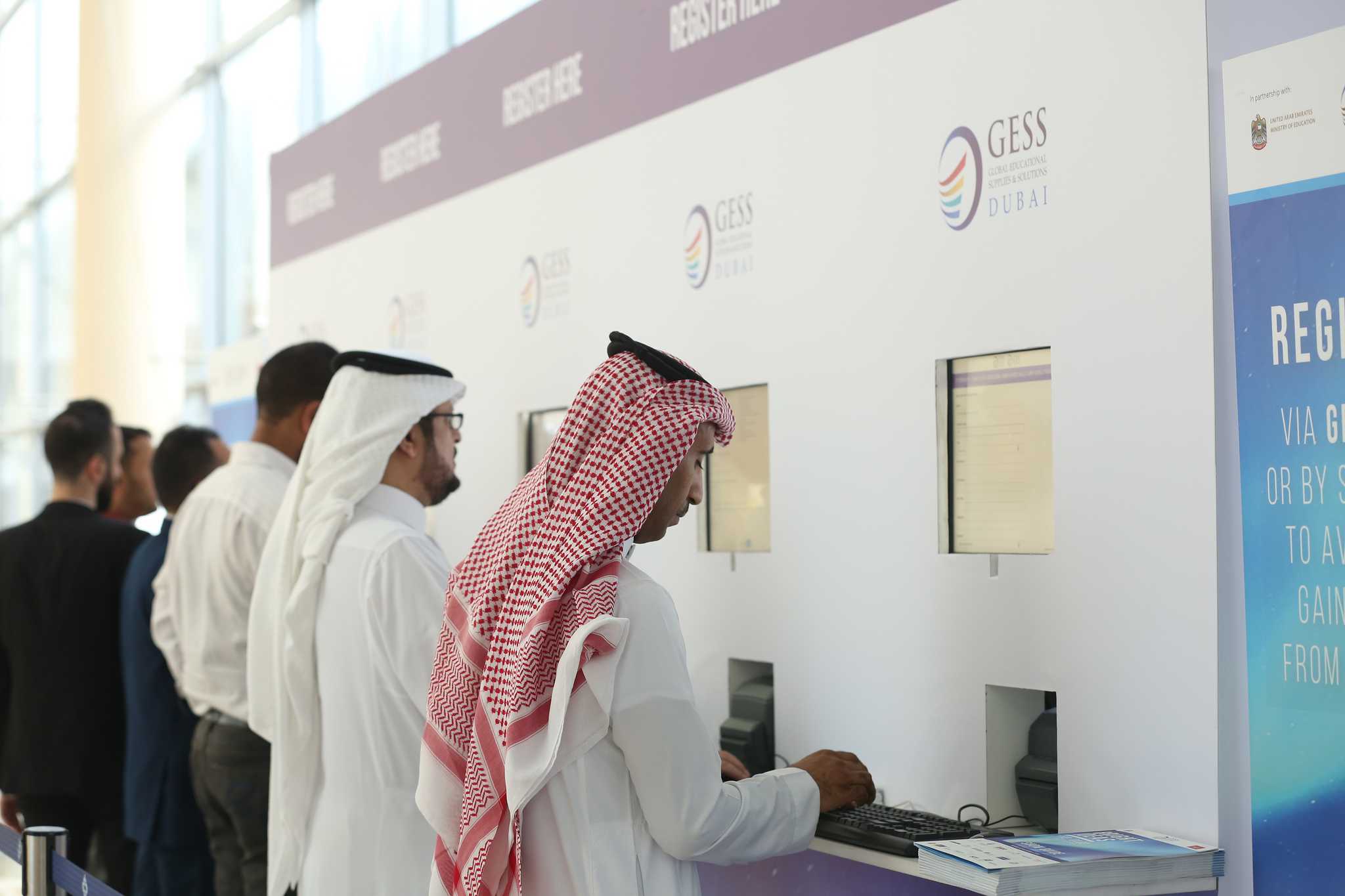
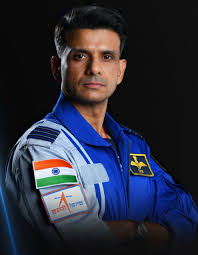
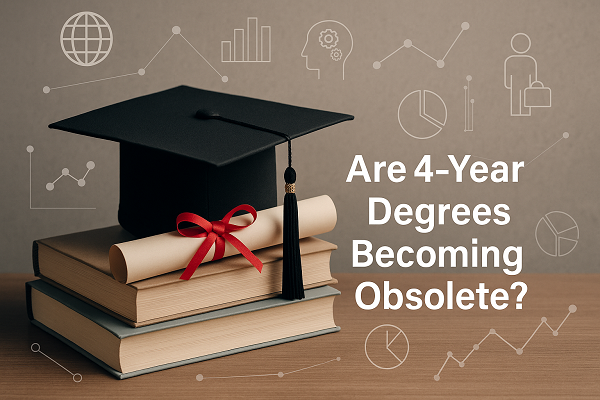

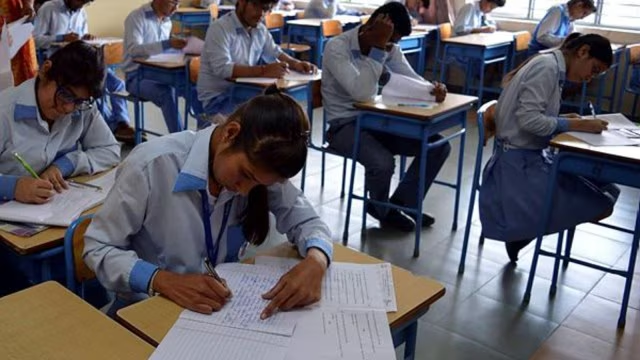
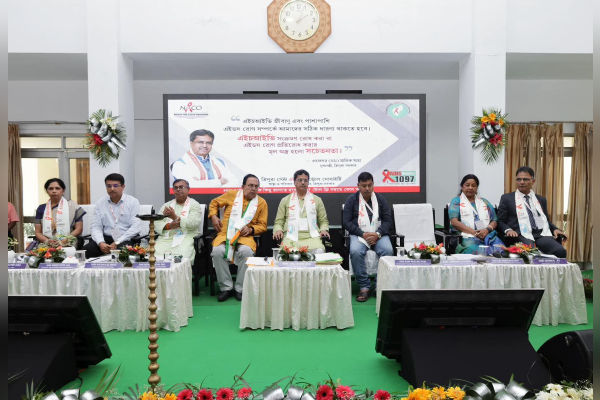
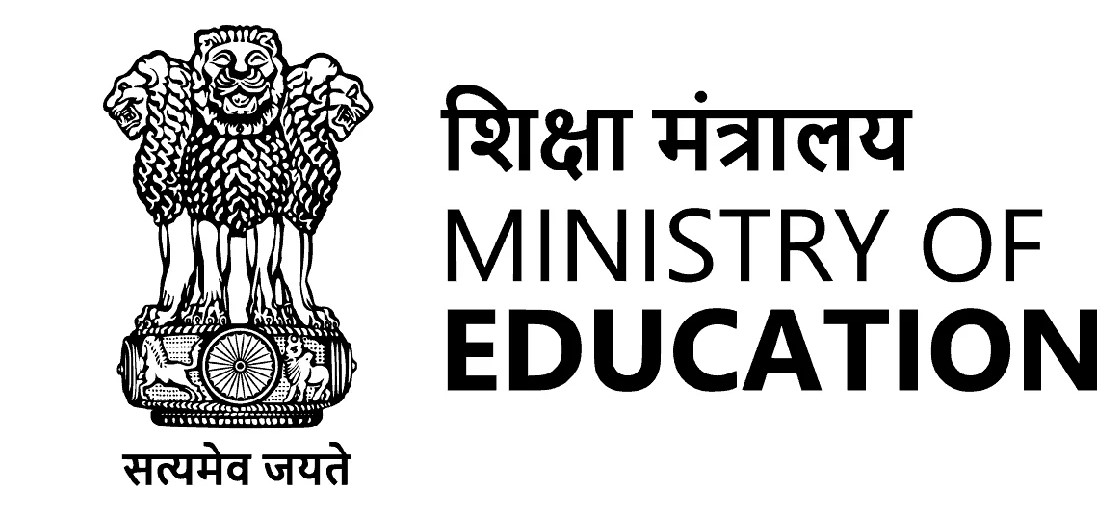
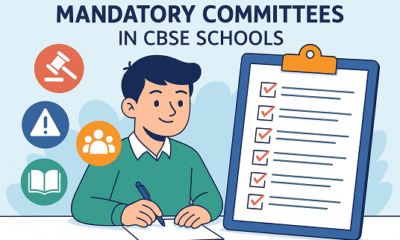
 Education3 months ago
Education3 months ago
 Education1 month ago
Education1 month ago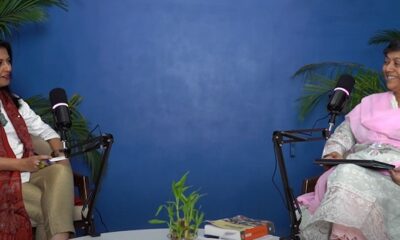
 Education3 months ago
Education3 months ago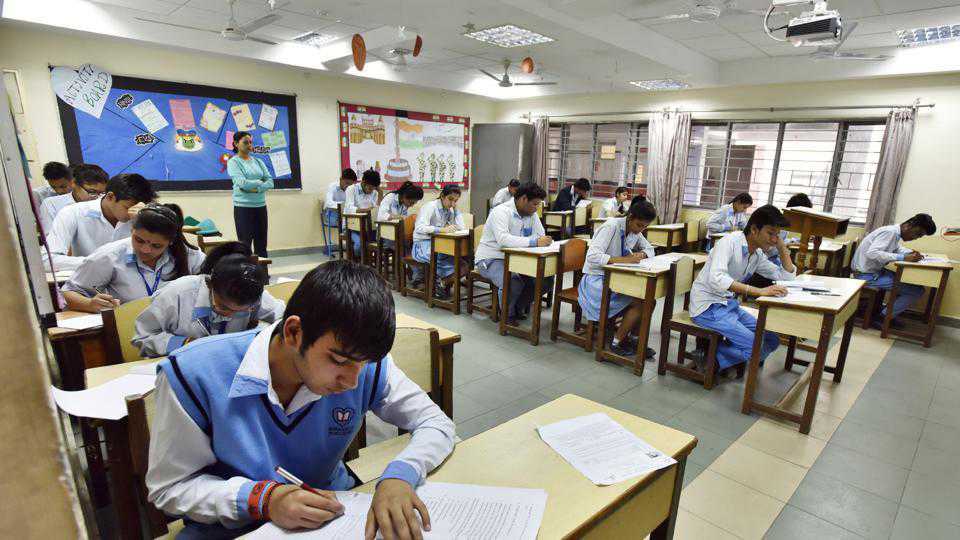
 News3 months ago
News3 months ago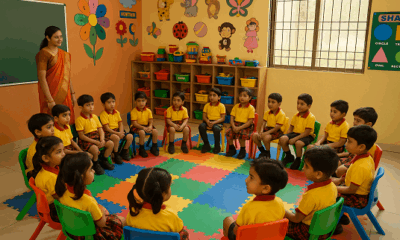
 Education2 months ago
Education2 months ago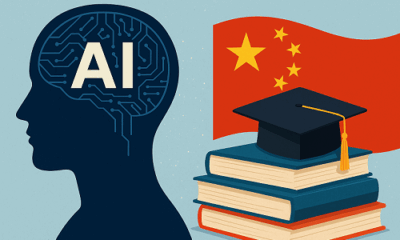
 Education3 months ago
Education3 months ago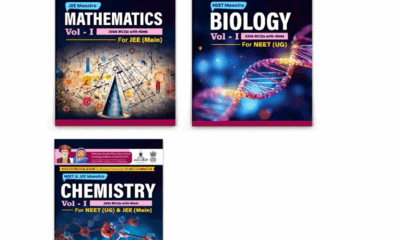
 Education3 months ago
Education3 months ago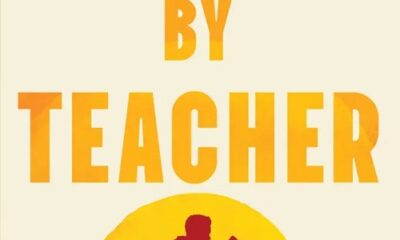
 Education2 months ago
Education2 months ago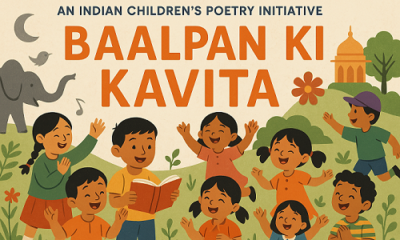
 Education3 months ago
Education3 months ago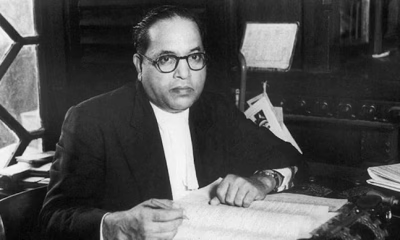
 Education3 months ago
Education3 months ago



